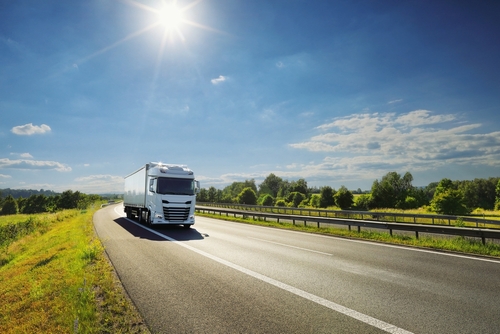

The UK will miss out on £11bn of infrastructure investment to deliver 5G Standalone to 95 percent of the population by 2030 and 99 percent of the UK population by 2034 unless the Vodafone Three merger goes ahead.
So says Vodafone UK’s Chief Network Officer, Andrea Donà, citing findings from research that indicate nationwide 5G Standalone will transform road and rail journeys, adding £1 billion to the UK economy annually through improved connectivity for remote workers on trains, while also saving regular road users £2 billion on fuel.

The modelling, by WPI Strategy, was produced for Vodafone and used survey data on working and connectivity patterns on trains to estimate that there could be up to 28.2 million train journeys every year in the UK where people want to be productive but can’t due to poor connectivity.
These journeys could be transformed into £1 billion in extra productivity for the UK economy, and passengers would save 26 million hours through reduced delays.
SaVing £10 million DELAY COMPENSATION
Vodafone says 5G Standalone can save companies £10 million in delay compensation, which could be reinvested into critical infrastructure. 5G Standalone connected devices could reduce congestion and journey delays for freight drivers, equating to productivity savings of £140 million a year for businesses in the freight transport sector by reducing traffic, making journeys smarter, and improving delivery time efficiency.

Alongside the modelling, a poll of 2,000 UK adults found that 60 percent of those surveyed say poor mobile connectivity on trains stops them from using journeys productively. 5G SA could improve 660 million train journeys by addressing these issues.
“The national rollout of a 5G Standalone network has the potential to transform connectivity on the UK’s roads and railways. Across road and rail alone, it could unlock £3bn a year for the UK through boosted productivity and fuel cost savings from smoother journeys,” said Donà.
The survey also found that addressing connectivity issues could encourage people to use public transport. Over half of respondents wish they could use public transport more frequently, but cited delays as a major issue. On average, commuters say they lose two hours and 20 minutes per month due to train service disruptions, while 51 percent avoid trains altogether because of marginal time saved by traveling by car.
Non-Standalone 5G which relies on existing 4G networks for certain functions like control signaling. Stand alone 5G uses new infrastructure designed specifically for 5G to unlock the full potential of 5G technology, offering:
-
Faster Speeds: 5G SA can deliver faster data rates, with lower latency and higher bandwidth, compared to 5G NSA.
-
Ultra-Low Latency: The standalone architecture can support applications that require real-time responsiveness, such as autonomous vehicles, industrial automation, and advanced gaming.
-
Network Slicing: 5G SA supports network slicing, which allows operators to create virtual networks tailored to specific applications or industries, ensuring optimized performance.
-
Improved Capacity and Reliability: 5G SA can support a massive number of connected devices more efficiently, crucial for IoT applications like smart cities and remote healthcare.









